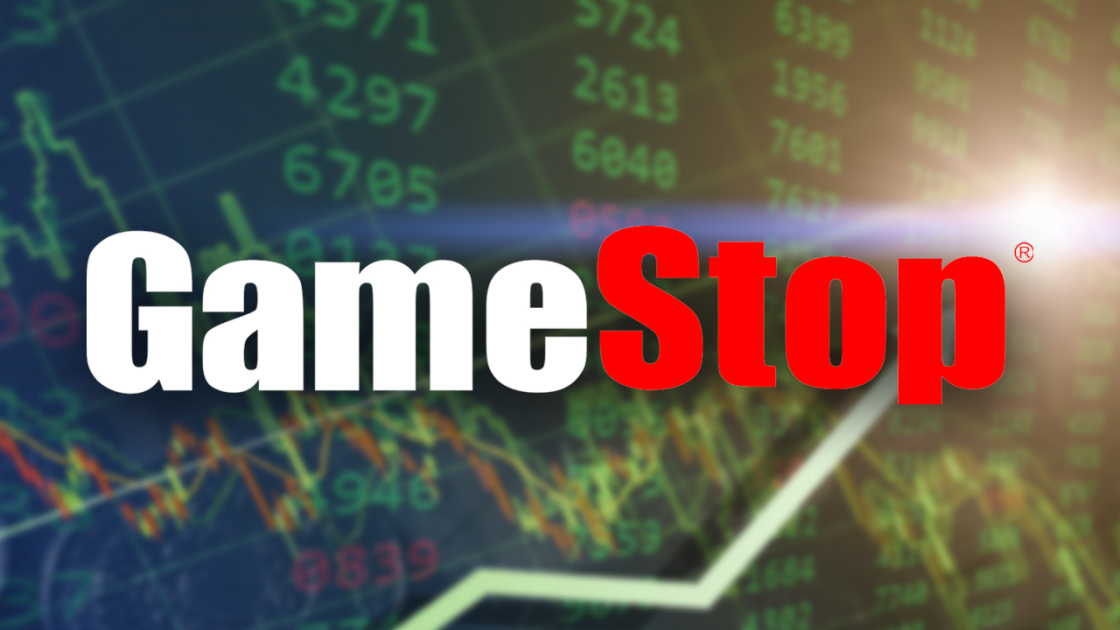Suck It, Wall Street
In a blowout comedy for the ages, finance pirates take it up the clacker
In a blowout comedy for the ages, finance pirates take it up the clacker

taibbi.substack.com
View attachment 42218
In the fall of 2008, America’s wealthiest companies were in a pickle. Short-selling hedge funds, smelling blood as the global economy cratered, loaded up with bets against finance stocks, pouring downward pressure on teetering, hyper-leveraged firms
like Morgan Stanley and Citigroup. The free-market purists at the banks begged the government to stop the music, and when the S.E.C. complied with a ban on financial short sales, conventional wisdom let out a cheer.
"This will absolutely make a difference," economist Peter Cardillo
told CNN. "Now, if there is any good news, shorts will have to cover.”
At the time, poor beleaguered banks were victims, while hedge funds betting them down as the economy circled the drain were seen as antisocial monsters. “They are like looters after a hurricane,”
seethed Andrew Cuomo, then-Attorney General of New York State, who “promised to intensify investigations into short selling abuses.” Senator John McCain, in the home stretch of his eventual landslide loss to Barack Obama, added that S.E.C. chairman Christopher Cox had “betrayed the public’s trust” by allowing “speculators and hedge funds” to “turn our markets into a casino.”
Fast forward thirteen years. The day-trading followers of a two-million-subscriber Reddit forum called “wallstreetbets” somewhat randomly decide to keep short-sellers from laying waste to a brick-and-mortar retail video game company called GameStop, betting it up in defiance of the Street. Worth just $6 four months ago, the stock went from $18.36 on the afternoon of the Capitol riot, to $43.03 on the 21st two weeks later, to $147.98 this past Tuesday the 26th, to an incredible $347.51 at the close of the next day, January 27th.
The rally sent crushing losses at short-selling hedge funds like Melvin Capital, which was forced to
close out its position at a cost of nearly $3 billion. Just like 2008, down-bettors got smashed, only this time, there were no quotes from economists celebrating the “good news” that shorts had to cover. Instead, polite society was united in its horror at the spectacle of amateur gamblers doing to hotshot finance professionals what those market pros routinely do to everyone else. If you’ve ever seen
Animal House, you understand the sentiment:



